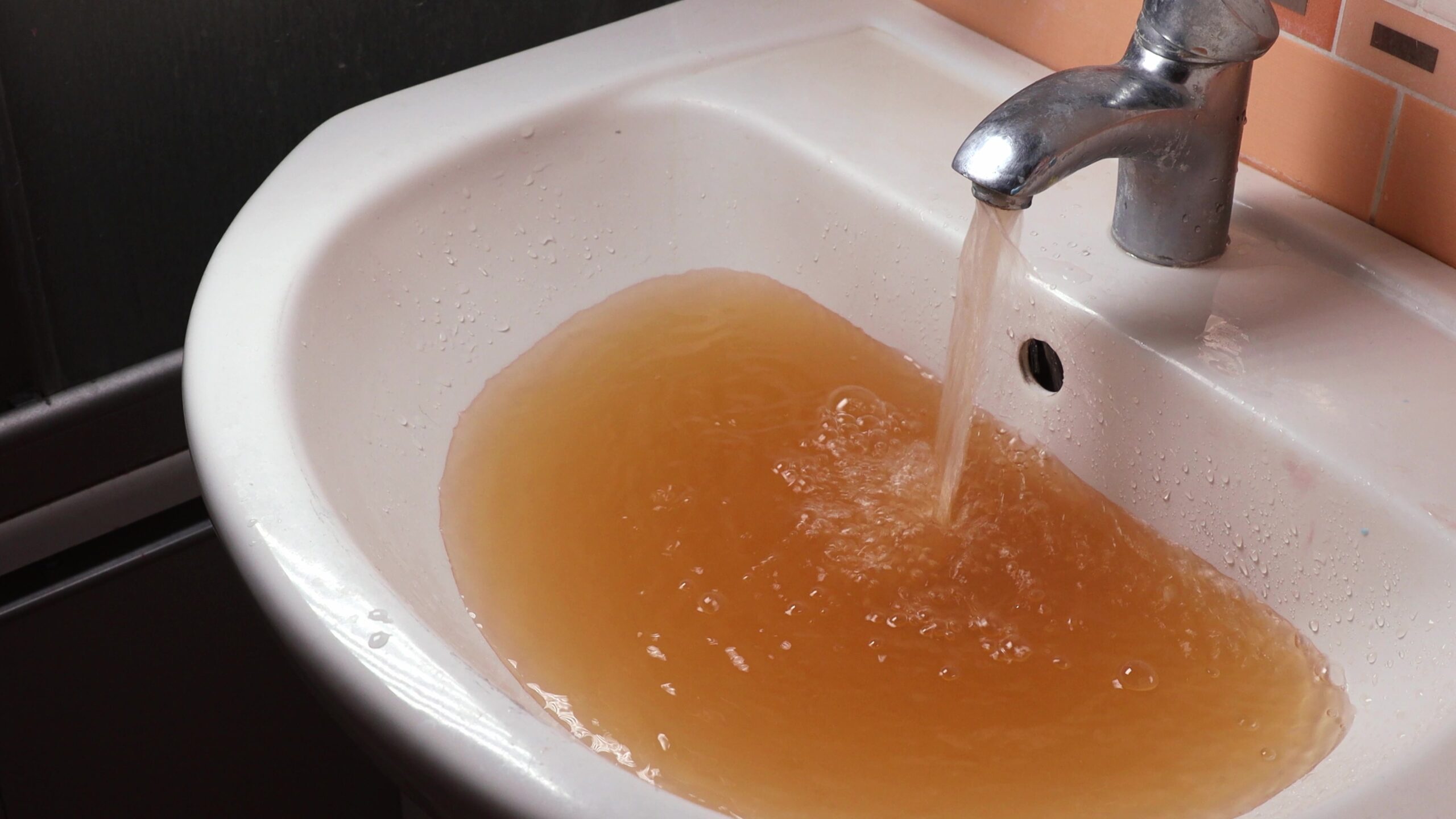
Hoping to bring some “immediate” relief to residents experiencing high levels of lead and copper in their municipal water supply, Senate President Novelle Francis said Wednesday night that he’s filed a bill appropriating $150,000 to provide bottled water to those most impacted.
When the bill is going to be up for consideration in committee is still in the works, according to Francis’ Chief of Staff Shawna Richards. Though, as the situation escalated quickly and is still being mitigated, it’s hoped that it would be brought to the floor with some “urgency,” she said.
The money would come from the St. Croix Capital Improvement Fund, she said, adding that as data is still being collected on how many households have been impacted, changes to the proposal could be made.
“For months, users of the potable water system have carried the financial burden of buying bottled water. St. Croix residents have dealt with discolored water and are now confronted with the news that the potable water is considered unsafe for consumption,” Francis said in a release Wednesday night. “The government must act quickly and responsibly to both protect the impacted community from further financial strain and support the public’s health.”
Ultimately, the Virgin Islands Water and Power Authority has to do what’s necessary to not only restore the integrity of the potable water system but also “the public’s confidence,” he added.
Tuesday, Gov. Albert Bryan Jr. issued a “no drinking” advisory for WAPA water in Estates Diamond, Castle Burke, Colquhoun, and Mon Bijou late Monday. Boiling water does not remove these harmful metals.
Cistern water remains safe, Bryan said in a press conference Tuesday but warned WAPA water could be connected in unexpected places. Likewise, water outside the four elevated-contaminant-level areas should have safe drinking water but avoiding it or running WAPA-connected pipes for three to five minutes was not a bad idea, Bryan said.
Tests conducted Sept. 30 and returned to the territory Oct. 13 showed elevated amounts of lead in 35 of 65 test sites and elevated copper levels at 15 sites. A few test sites revealed dangerously toxic water.
Lead levels in one pipe tested at more than 1,340 times the threshold set by the Environmental Protection Agency. Another site had 601 times the lead considered an EPA “action level.” Another test site had water with more than 105 times the allowable copper levels. Exposure to either metal at those levels can cause severe, long-lasting health problems, federal officials warn, especially in children.
WAPA urged people in affected areas not to use their water for baby formula. Lead exposure can cause developmental disabilities in children, especially the very young.
Meanwhile, Don Gregoire, WAPA’s director of water distribution, said during the press conference that in most cases, the test site pipes returned to safe or non-existent lead and copper levels after water was flushed through for three to five minutes.


